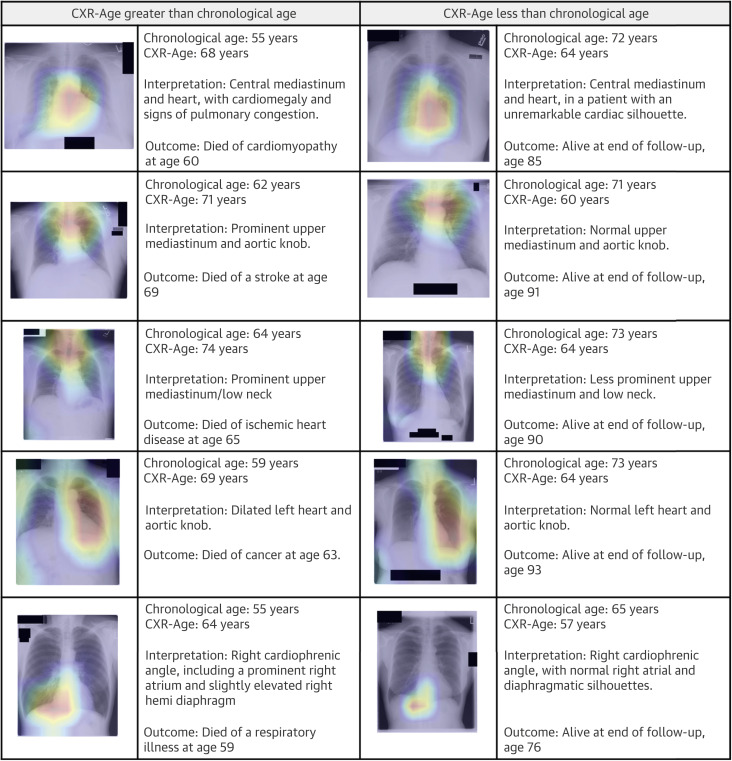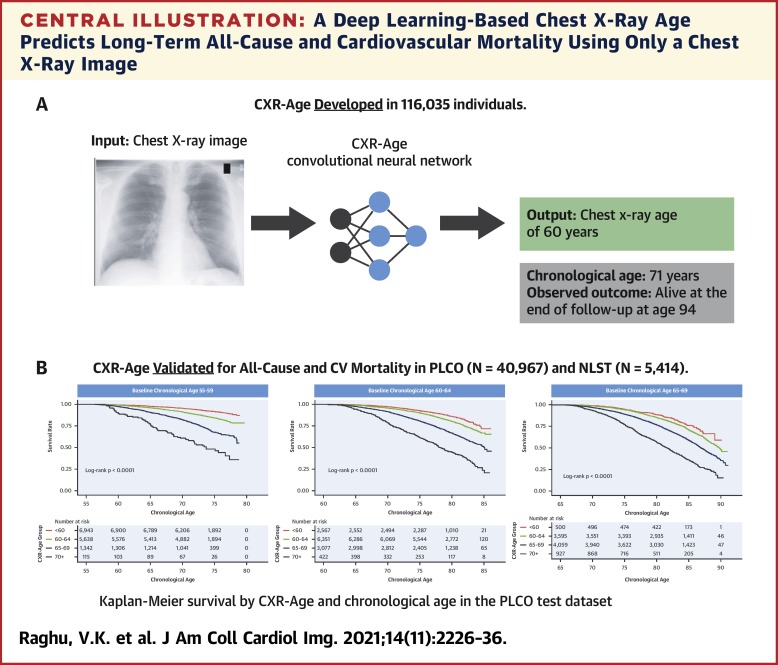What do people here think of this overview of biological clocks?
I had been meaning to query this group about an issue I had with the Levine clock. I ran my numbers through twice. The first time, I disregarded the line about my actual age. It had the number 62 plugged into it already and i figured it was irrelevant. I submitted and my age came back as 49. The second time, when I ran the numbers through I entered my correct age, which is 70, and the result came back as 59. I’m curious why my numbers would change my biological age relative to my actual age.
I’m trying to remember where I read Morgan Levine saying this, but it was something to the effect that in our current reality, a person’s chronological age has such a huge statistical power in determining a person’s biological age (when compared to biomarkers) that it’s silly not to use it since it’s so easy to get.
Now that might always be true in the future, but we’re not yet in a world where biological age can be truly untethered from chronological age. You’re really looking at a +/- around your chronological age and that comes from the biomarkers.
Also it’s important to remember that these biological ages aren’t measuring a single physical reality or literal thing that exists in your biology. There is no actual thing called biological age that can be measured. It’s not a biomarker of its own, it’s sort of a meta-score, kind of like a credit score that takes a bunch of factors and tries to merge them into a single useful number for ease of consumption. The credit score doesn’t really measure any literal thing, its just sort of a “vibe” of someone’s overall credit worthiness by smushing a bunch of literal numbers into one single frankenstein number.
Perhaps a naive question here. But how does one go about doing these tests mentioned in the article?
Are the clocks really of any use? I don’t see the value. Many of the values can be manipulated to change your age.
Do any of them take into account cardiovascular disease, dementia, or cancer risk?
I guess my point is, if your age is 65, and the test clock say 45, does that help you if you’re diagnosed with cancer the next day?
Do everything you can to be healthy and go from there?
At some level it seems they are conveying probability of death or illness. If you had that on an organ by organ basis, perhaps it would be helpful in terms of prioritization of things we need to be working on. But I agree - I don’t think we are there yet.
Yes Karl… it’s a mixed bag for sure… in my using TruMe Lab and GlycanAge, I benefit from seeing the consistency in the test repetition… and if I make a big change… in my case… upping my rapamycin dose six times (6 mg to 36 mg range).
The value was seeing something changed in a bad way in two very different biomarkers. Making an adjustment and retest and see.
I feel strongly that my multiple testing helped me see the negative in my high rapamycin dose. And, then making an adjustment to lower dose showed, as would be expected, a return to better biological numbers.
That’s probably the best use of an epigenetic age test I have seen. Also when I started Rapamycin, my epigenetic age decreased 7 years. So it seems that was the right choice.
New Cardiovascular biological age clock:
Given the importance of cardiovascular health for a long, healthy life, this seems like something we might all be interested in.
Deep Learning to Estimate Biological Age From Chest Radiographs
Cardiovascular Imaging Research Center, Department of Radiology, Massachusetts General Hospital and Harvard Medical School, Boston, Massachusetts, USA
Objectives
The goal of this study was to assess whether a deep learning estimate of age from a chest radiograph image (CXR-Age) can predict longevity beyond chronological age.
Background
Chronological age is an imperfect measure of longevity. Biological age, a measure of overall health, may improve personalized care. This paper proposes a new way to estimate biological age using a convolutional neural network that takes as input a CXRimage and outputs a chest x-ray age (in years) as a measure of long-term mortality risk.
Chest x-rays are among the most common tests in medicine. A future implementation could compute CXR-Age from routine chest x-ray images, to give a better estimate of an individual’s biological age. The advantage of framing risk as a biological age (e.g., biological age of 55 years with a chronological age of 60 years) is that it is easier to grasp for patients than risk score probabilities (5). Furthermore, substituting biological age measures for chronological age could improve the performance of existing risk scores (12). In this way, CXR-Age could help inform decisions about prevention, screening, and treatment.
Conclusions
Based on a CXR image, CXR-Age predicted long-term all-cause and cardiovascular mortality.
To encourage reproducible research, the CXR-Age model will be released as free open-source software on Github (see link below):
Open Access paper:
https://www.sciencedirect.com/science/article/pii/S1936878X21000681
Related:
Chest radiography as a biomarker of ageing: artificial intelligence-based, multi-institutional model development and validation in Japan
https://www.thelancet.com/journals/lanhl/article/PIIS2666-7568(23)00133-2/fulltext
Which clock did you use?
I used a local Hong Kong Epigenetic Age testing company that was recommended by Richard at Modern Healthspan. I’m not sure which one they use.
In my opinion, epigenetic age tests are not very accurate.
Ok, thx for the info.
Ah. I found the info. The company is called Epi-age
email: info@epi-age.com
It’s based here in Hong Kong.
Thanks. I liked quickly only so I might have missed it on the webpage, but if you are going to use them again I’d try and find what patient populations/databases they have trained their algorithms on and ideally see that they have published on their clock(s) in good peer review journals. Otherwise it’s probably better to use one(s) that has those things established.

